Whose money is it anyway?
Mehrangate case unfurls a design of pilfering money that will mark forever the way politics is done in this country.
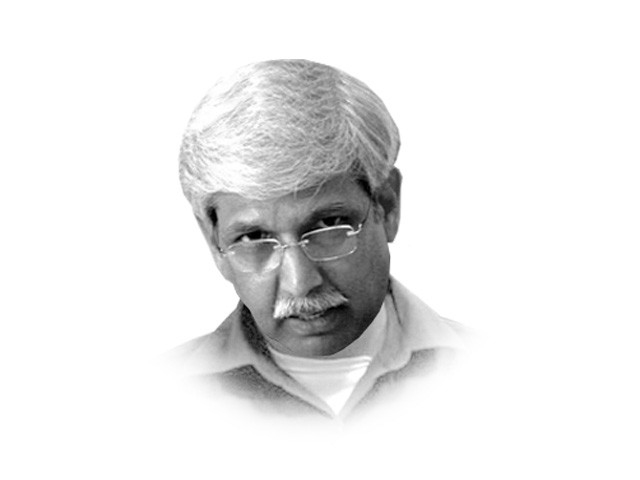
One hundred and forty million of the pilfered amount is handed over to the intelligence organs to buy politicians; a lot more is given out under the direct orders of an election cell formed in the Presidency. Reportedly, Rs155 million is loaned to the son-in-law of the then army chief, Mirza Aslam Beg and Rs300 million to Aslam Beg’s FRIENDS Foundation, his retirement haunt. The remaining is claimed to go into 39 fictitious accounts created in the newly formed Mehran Bank in the ownership of who else but Younus Habib. Only an intervention by the State Bank saved Habib Bank — the pilfered Bank — from going under, while Mehran Bank does go under and the National bank that acquired Mehran had to pay off liabilities to the tune of Rs1.3 billion.
Then it was the turn of the PPP when in 1993 it allegedly skimmed off millions off the Intelligence Bureau with the helping hand of a Party sympathiser and used the money to dislodge the PML government in the NWFP. Younus Habib, who was still afloat in the money game then, gave out Rs50 million to the PPP to make do for his sin of 1990 as an act of redemption. In the past money was also involved in challenging Nawaz Sharif’s government in Punjab under heavy financial facilitation by the PPP government in the centre. The PPP has once again, as recently as 2009, allegedly used the Rs270 million off the IB funds to challenge the PML-N government in Punjab, in an effort to bring it down as reported by this newspaper.
Hold your horses. Forward to the just-completed Senate elections and flurry of allegations that in many instances votes were practically purchased. Most — if not all — legislators from Fata were rumoured to have allegedly made a killing in the same elections. And we are not yet counting the billions that are stowed in foreign accounts, not for one or two but most of our political leaders. And, then the question why aren’t our politicians respected. Shall we respect thieves and extortionists and looters and plunderers. That is the question that the people ask of their political masters. In the name of democracy, what more shall this hapless nation be subjected to?
Harold Laski in a 1923 essay for the Foreign Affairs magazine, observed on the new found principles of modern democracies that with “the mass of men” having come to political power, the challenge of modern democratic government was providing enough “solid benefit” to ordinary citizens “to make its preservation a matter of urgency to themselves”. Almost a hundred years later, while democracy remains the dominant political system — courtesy the mass of men that chooses people into power — third world nations toying with such political notions have utterly failed to deliver the second half of that principle — providing enough “solid benefit” to ordinary citizens “to make its preservation a matter of urgency to themselves”.
The incipient notion of ‘representatives of the people’ that has been milked dry by the incumbent crop of politicians is increasingly under stress to be replaced instead by a group who are ‘representatives from the people’ who would possibly remain linked to their real source of power — the ‘mass of people’ that vote them in. Without any other anchor of influence such as money, status in the society, patronage of power, corporate sympathy and support that their comrade-in-arms now provide them, their constituency may just remain that ‘mass’ of people. This way the “solid benefits” could begin to flow to the ‘ordinary citizens’ giving reason to them to support, secure and defend the democratic system against all incursions seeking to uproot the system. For the moment though, the elected and the electorate inhabit two different worlds.
Published in The Express Tribune, March 20th, 2012.







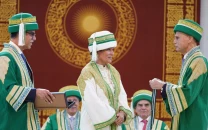


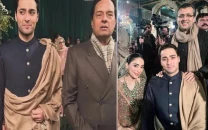
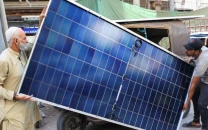
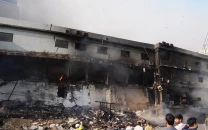


COMMENTS
Comments are moderated and generally will be posted if they are on-topic and not abusive.
For more information, please see our Comments FAQ